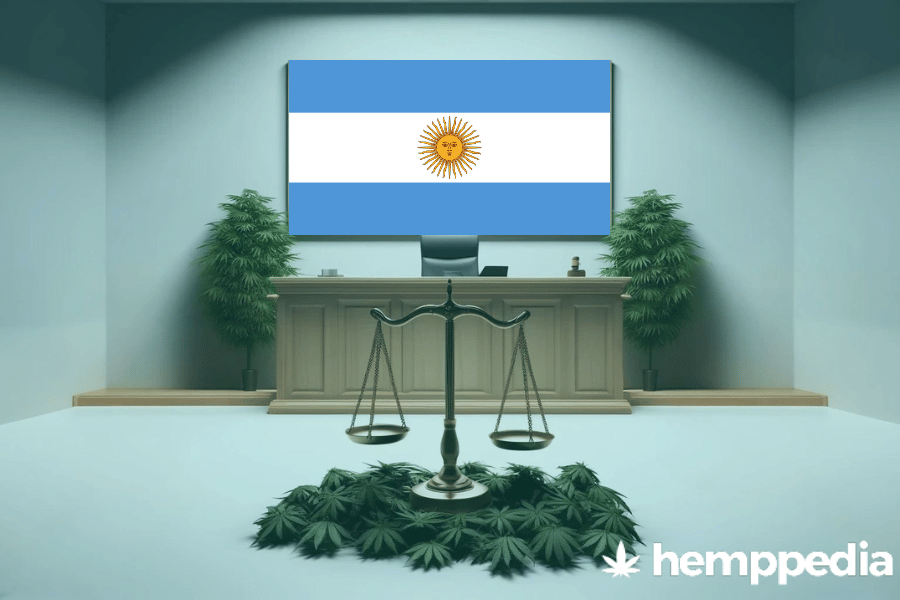TL;DR
As of today, in Argentina, both recreational and medical use of cannabis is against the law. However, the cultivation, and use of cannabis for medicinal purposes was decriminalised in March 2017. The following table summarizes the legal status:
| Recreational Use | Medical Use | |
|---|---|---|
| THC | Illegal | Decriminalised |
| CBD | Illegal | Decriminalised |
Introduction
The issue of Cannabis legality is not only a global controversy but a complicating topic due to the diversity in laws across different countries. As some nations move to decriminalize or even legalize the plant for recreational or therapeutic use, it is crucial to understand the legal scene that dictates the use of marijuana. In this article, we will be focusing on the legal status of cannabis in Argentina.
Overview of Cannabis Legislation in Argentina
Key Terminologies
- Legalization: The act of making cannabis legal under state law.
- Decriminalization: A process where the legal penalties associated with cannabis are reduced or removed completely.
- Medical Use: The utilization of cannabis to treat or manage health conditions.
- Recreational Use: The consumption of cannabis for pleasure rather than for medical purposes.
State-Specific Legal Details
Legal Status
In Argentina, possession and consumption of cannabis are illegal for recreational use. However, the state enacted a law to decriminalize the cultivation and use of the plant for medical purposes in March 2017 (source). Strict regulation governs the amounts and conditions under which this can occur.
Historical Context
Cannabis was banned in Argentina in 1989 with the enactment of Law 23737. The law was heavily enforced until 2009, when the Supreme Court ruled the punishment for personal cannabis consumption as unconstitutional. In 2017, Argentina decriminalised the use of cannabis for medicinal purposes.
Possession and Use
Currently, possession of small amounts of cannabis for personal use has been decriminalised, but penalties still apply for large possessions and trafficking. Use is restricted to private residences and designated clubs.
Cultivation and Distribution
Home cultivation remains illegal in Argentina, but cultivation for medical and scientific research is permitted. The state is also the only licensed distributor, through pharmacies.
Enforcement and Penalties
Violations of cannabis laws can lead to harsh penalties, including imprisonment. The focus of law enforcement efforts seems to be shifting from punishing users toward combating large-scale trafficking operations.
Medical Cannabis
Currently, the legislation allows the use of cannabis for specific medical conditions. The process for obtaining medical cannabis involves prescription requirements and a registration process.
Social and Economic Impact
The decriminalization of cannabis for medicinal use has led to a decrease in crime rates and has made medical cannabis affordable and accessible for patients with conditions like epilepsy.
Comparative Analysis
Compared to other jurisdictions, Argentina’s approach to cannabis legality is conservative. While countries like Canada and Uruguay have fully legalized cannabis, Argentina has only decriminalised its medical use.
Future Outlook and Ongoing Debates
While there are no current legislative changes on the horizon, public opinion seems to be shifting towards more liberal cannabis regulations. Proponents argue for the economic benefits of full legalization, including job creation and increased tax revenue.
Conclusion
The legal situation for cannabis in Argentina is dynamic and still largely prohibitive. Though the decriminalisation of medical cannabis marks a significant step forward, much of the discussion around comprehensive cannabis reform is still ongoing. As attitudes continue to shift, however, the potential for more liberal cannabis policies looks increasingly possible.





